
Vatican City, Mar 7, 2025 / 12:15 pm (CNA).
The Vatican has expressed its solidarity with Muslims participating in the Ramadan fast, noting that Catholics also fast and do penance during the season of Lent and inviting greater dialogue and friendship between people of the two religions.
“Our world is thirsting for fraternity and genuine dialogue,” a March 7 message from the Vatican’s Dicastery for Interreligious Dialogue said. “Together, Muslims and Christians can bear witness to this hope in the conviction that friendship is possible despite the burden of history and ideologies that promote exclusion.”
“Hope,” it continued, “is no mere optimism: It is a virtue rooted in faith in God, the Merciful, our Creator.”
In 2025, Ramadan runs from approximately Feb. 28 to March 29. It concludes with the three-day celebration of Eid al-Fitr.
The Christian season of Lent began on March 5 and will end on April 17 with the three days known as the Triduum — Holy Thursday, Good Friday, and Holy Saturday — followed by Easter Sunday.
“This year, Ramadan largely coincides with Lent, which for Christians is a period of fasting, supplication, and conversion to Christ,” the dicastery said. “This proximity in the spiritual calendar offers us a unique opportunity to walk side by side, Christians and Muslims, in a common process of purification, prayer, and charity.”
The Vatican’s annual message for Ramadan was signed by the dicastery’s new prefect, Cardinal George Jacob Koovakad, and its secretary, Father Indunil Janakaratne Kodithuwakku Kankanamalage.
Pope Francis appointed Koovakad prefect of the dicastery at the end of January, filling the vacancy left by Cardinal Miguel Ángel Ayuso Guixot, who died in late 2024.
An Indian from the Syro-Malabar Catholic Church, Koovakad was previously responsible for the organization of papal trips.
In its message, the interreligious dicastery noted similarities between the Muslim observance of Ramadan and the Catholic observance of Lent.
“By abstaining from food and drink, Muslims learn to control their desires and turn to what is essential. This time of spiritual discipline is an invitation to cultivate piety, the virtue that brings one closer to God and opens the heart to others,” it said.
“In the Christian tradition, the holy season of Lent invites us to follow a similar path: Through fasting, prayer, and almsgiving we seek to purify our hearts and refocus on the One who guides and directs our lives,” it went on. “These spiritual practices, though expressed differently, remind us that faith is not merely about outward expressions but a path of inner conversion.”
The dicastery said it wanted to reflect on how Christians and Muslims can become “genuine brothers and sisters, bearing common witness to God’s friendship with all humanity.”
“Our trust in God,” Koovakad’s message underlined, “is a treasure that unites us, far beyond our differences. It reminds us that we are all spiritual, incarnate, beloved creatures, called to live in dignity and mutual respect.”
“What is more, we desire to become guardians of this sacred dignity by rejecting all forms of violence, discrimination, and exclusion,” the dicastery continued. “This year, as our two spiritual traditions converge in celebrating Ramadan and Lent, we have a unique opportunity to show the world that faith transforms people and societies and that it is a force for unity and reconciliation.”
If you value the news and views Catholic World Report provides, please consider donating to support our efforts. Your contribution will help us continue to make CWR available to all readers worldwide for free, without a subscription. Thank you for your generosity!
Click here for more information on donating to CWR. Click here to sign up for our newsletter.





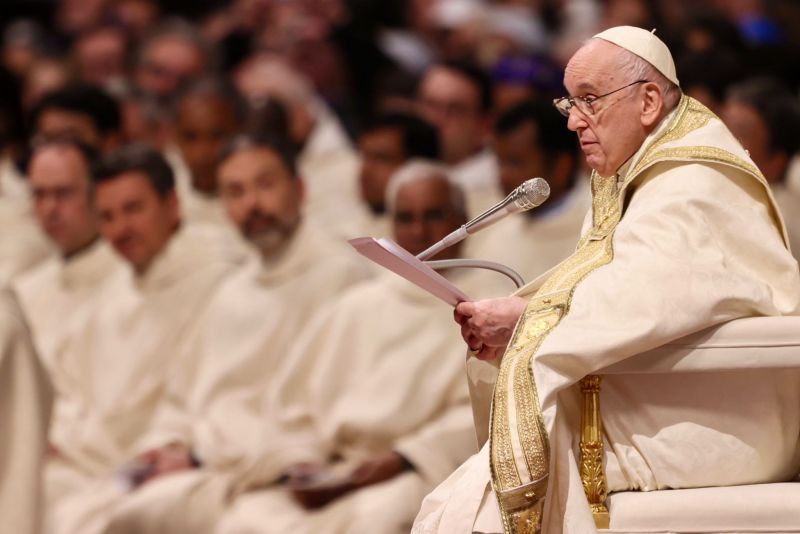
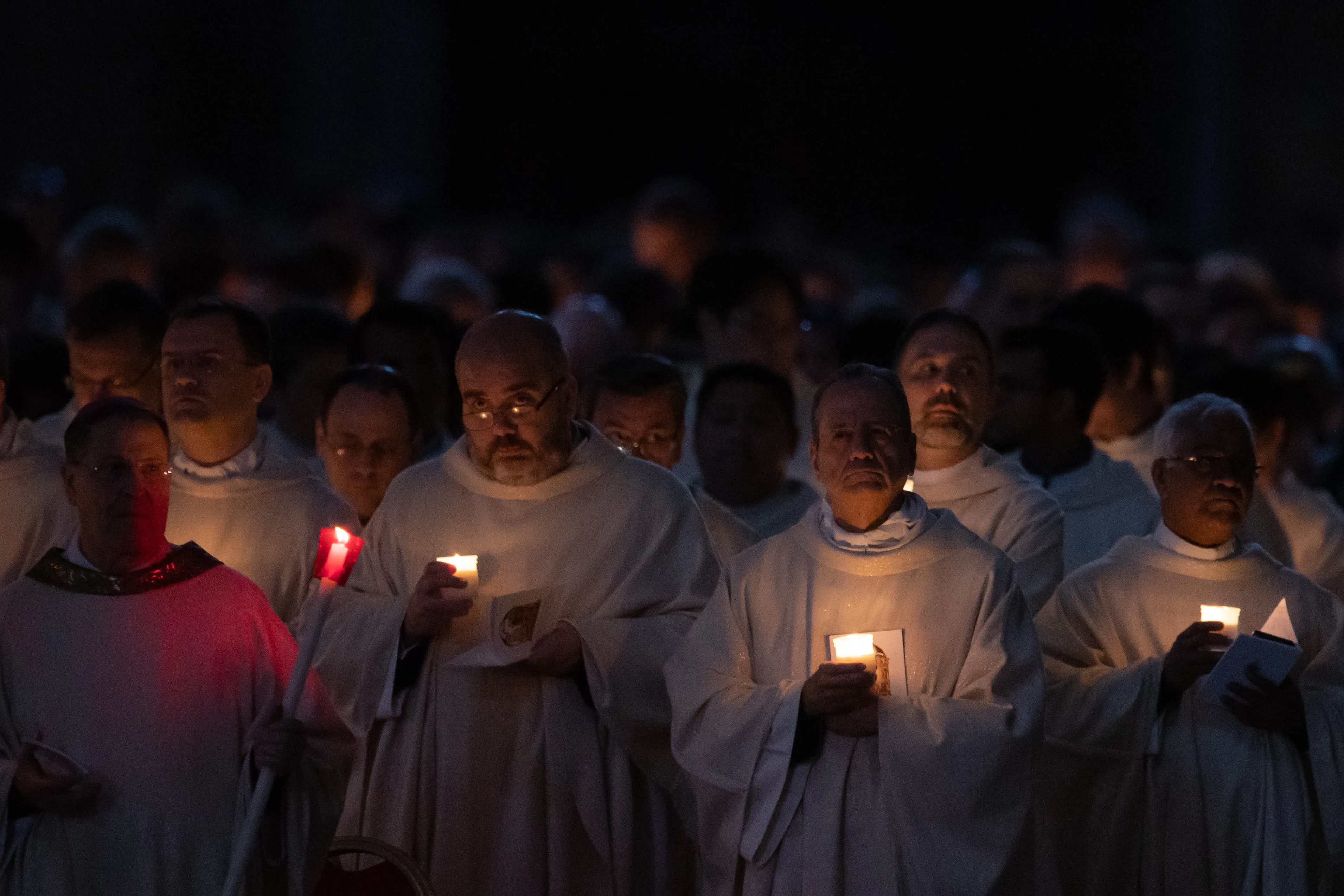
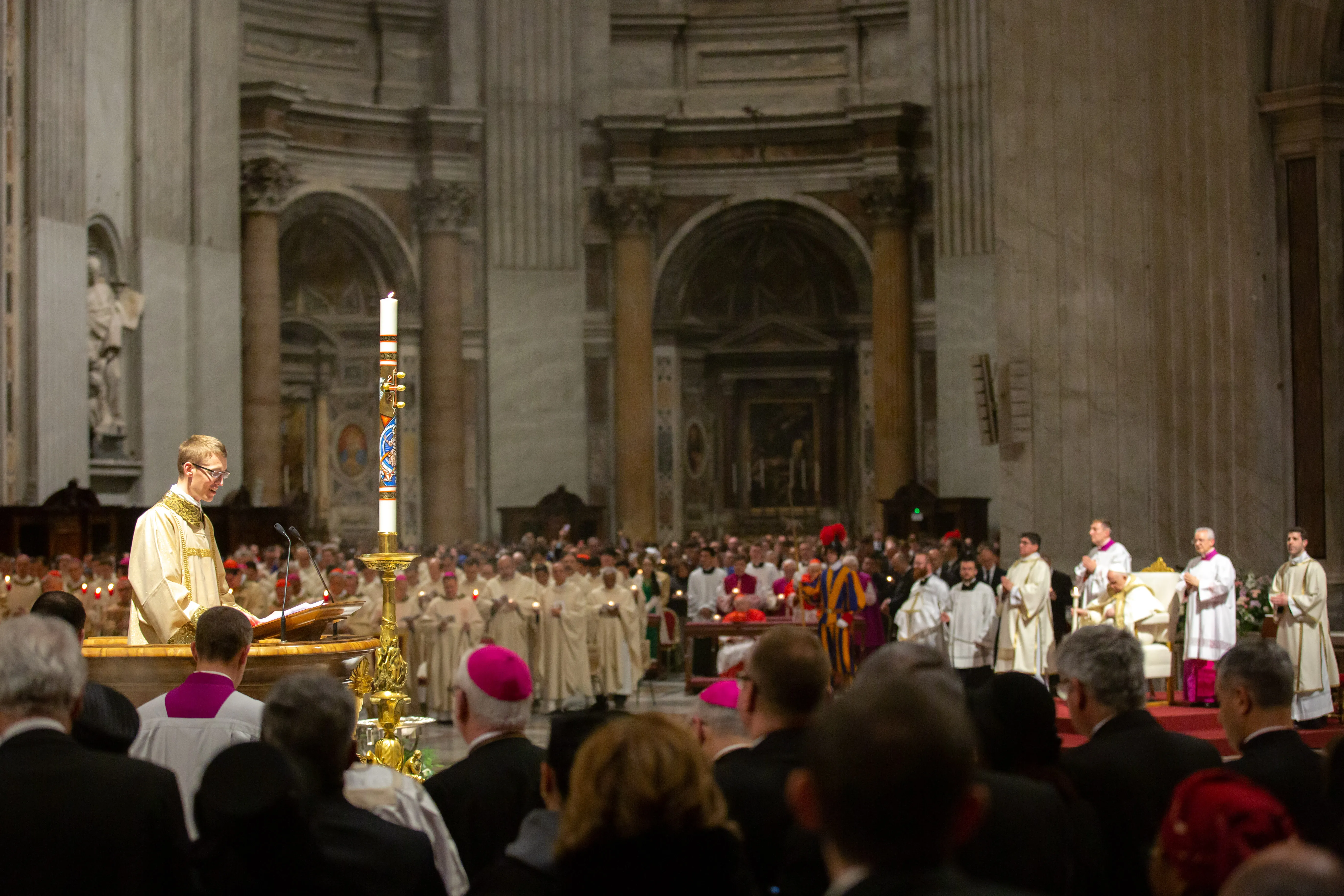
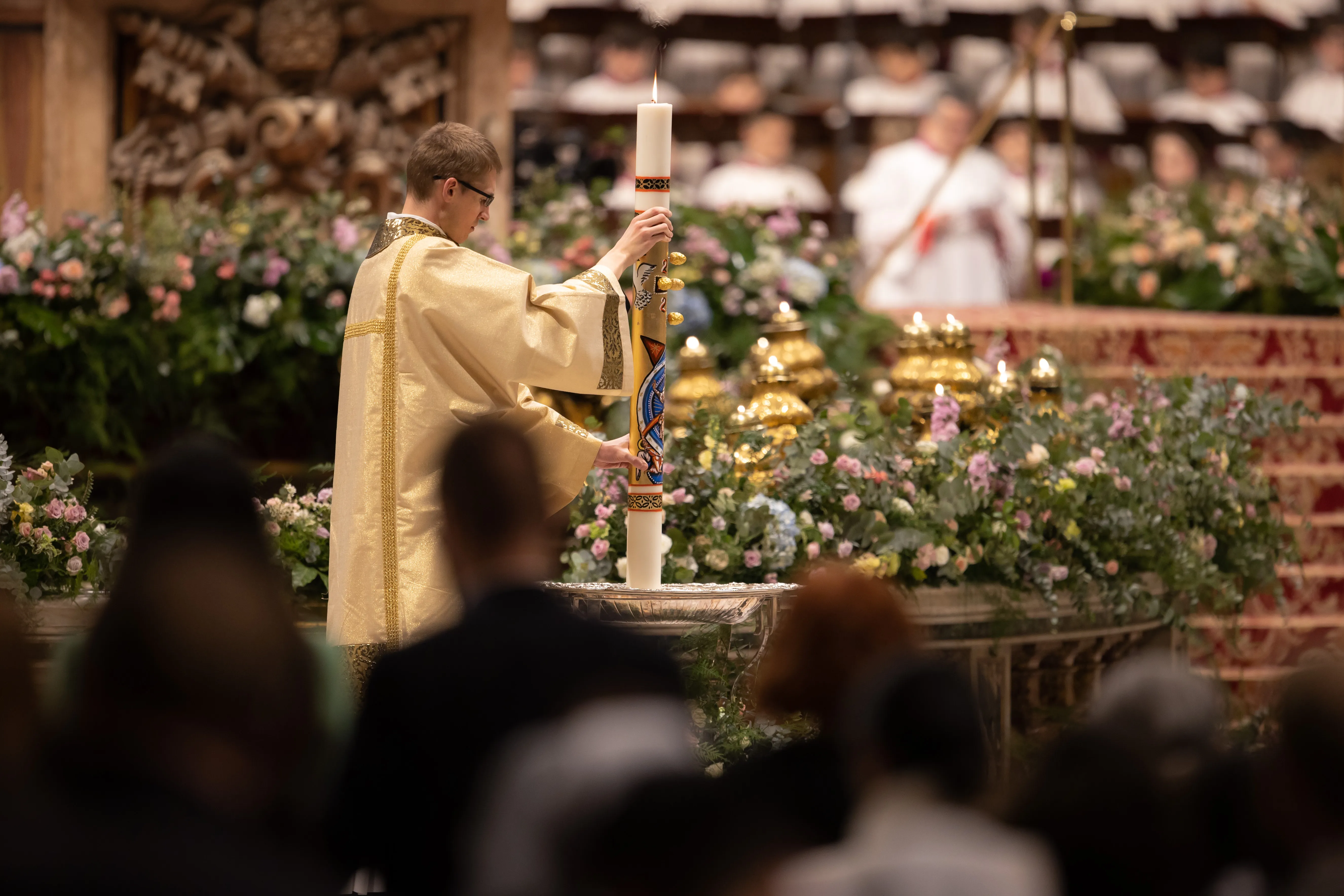
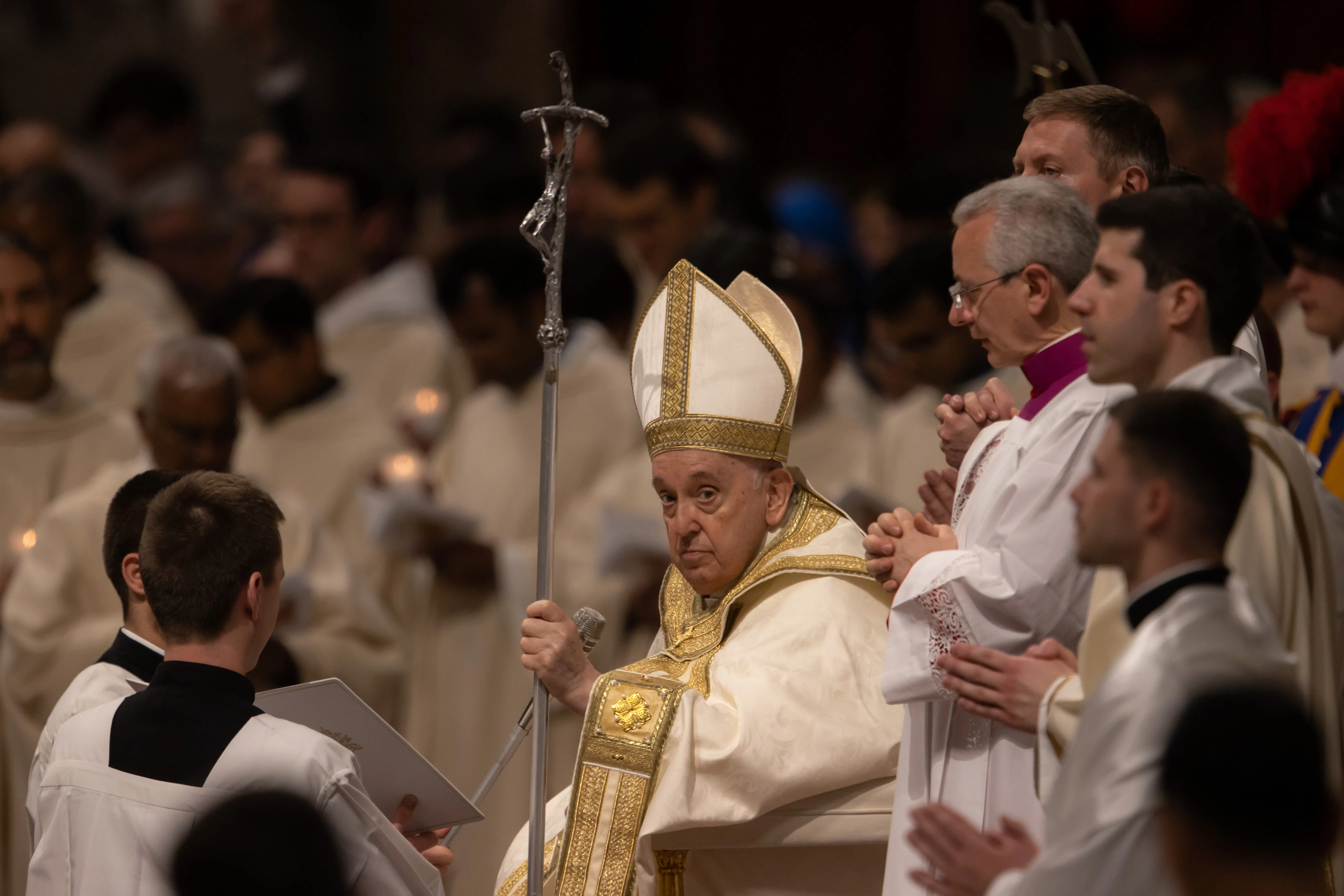
See Catholic Unscripted, Mar. 5.
We read: “The Vatican has expressed its solidarity with Muslims participating in the Ramadan fast, noting that Catholics also fast and do penance during the season of Lent and inviting greater dialogue and friendship between people of the two religions.”
Three of the five “pillars of Islam” are coincidentally imported into 7th-century Islam from the prior Judeo-Christian tradition: fasting, almsgiving, and prayer. So, yes to “dialogue and friendship between people (!) of the two religions (that is, between the individual “followers of Islam” and the individual “witnesses to Christ”).”
But, any implied pluralism and equivalence between converging “religions” as such—as might be read by some into the announcement—remains a quite different matter. The wording of the announcement does not violate this distinction. So, yes to solidarity and friendship rooted the universal and inborn natural law—as both instinctive and distinct from historical revelation (the Incarnation and Redemption).
(The two of the five pillars of non-Trinitarian Islam are: to make a pilgrimage to Mecca during one’s lifetime [a tradition adapted and transformed from the pagan/polytheistic “days of ignorance” prior to Mohammad], and to profess a monotheistic Allah and accept Mohammad as his messenger: “There is no God but Allah, and Mohammad is His Prophet.”)
“Vatican expresses solidarity with Muslims during Ramadan fast”
I could only wish that the Vatican expressed solidarity with ALL Catholics.
Ramadan is a sacred time. Praying together, fasting together, and breaking the fast together are exemplary communitarian exercises one sees across the Muslim communities worldwide. Coupled with their generous almsgiving and works of mercy, Muslims show they too are not less than others. Long live the Ramadan spirit.
Just curious. Are Muslim leaders expressing solidarity with Christians during Lent? Didn’t think so.
Superb insight, Athanasius. Of course, friendship with individual Muslims is quite possible, especially in the hopes of leading them to give up their heretical beliefs and become members of the One True Faith of Catholicism, which has an added challenge for Muslims because any apostasy from Islam is subject to the death penalty per barbaric Islamic sharia law.
However, there can be no friendship or solidarity of any kind with the gigantic heresy known as Islam, the religion of violence that teaches the necessity for all Muslims to contribute in one form or another to the unchangeable non-negotiable pursuit of establishing a worldwide caliphate over the entire world to rule over all according to Islam. This flies directly in the face of our Lord’s command to not spread Islam, but preach to all the world His One True Faith.
As for Ramadan and any similarities it has with Catholic practices such as Lent, and the Vatican statement that includes “we desire to become guardians of this sacred dignity by rejecting all forms of violence, discrimination, and exclusion,” note how this rejection of violence is never taught by Islam, and many Muslims continue to exercise violent jihad in direct violation of natural law but in accordance with basic Islamic teaching. In this regard, check out the following that keeps track of Islamic terror attacks and numbers killed during the month of Ramadan:
https://thereligionofpeace.com/pages/site/ramadan-bombathon.aspx
Islam is a poisonous cancer that infects the entire world, and instead of looking for common ground with this monstrous heresy, the focus should be on standing up for the truth without any hesitation or equivocation, and looking for opportunities to preach the good news of Christ; not relegate this holy mission to a secondary status or even lower in the vain hopes of establishing an unholy alliance with the religion that proclaims via the Quran that all who believe in the crucifixion and resurrection of our Lord have been deceived by Allah.
“Friendly Ex Muslim” on Youtube has a slightly different view that the one you hold.
https://www.youtube.com/watch?v=Q_pf4-hGNoo
“Vatican expresses solidarity with Muslims . . .”
So should we all convert? Muslims are so observant and committed to their faith etc., etc. (And they still know how to make babies).